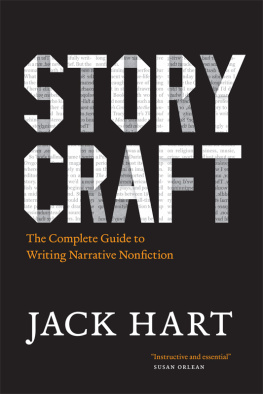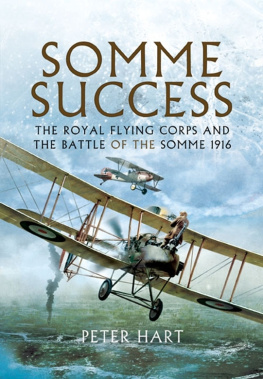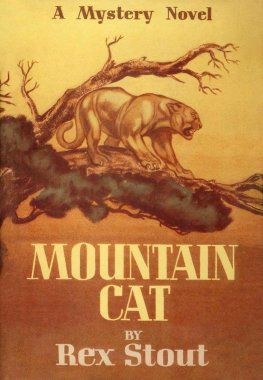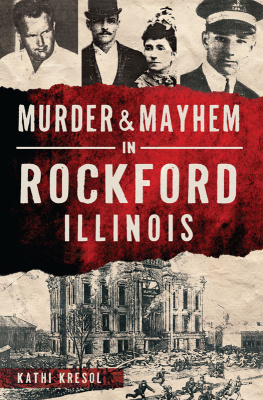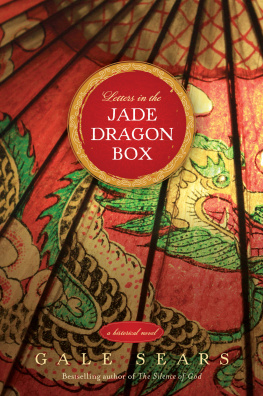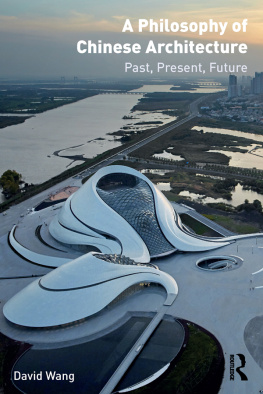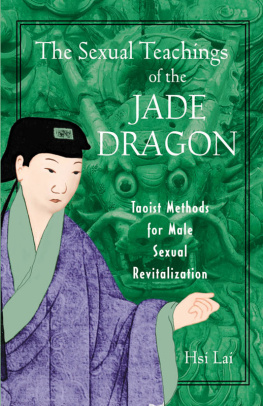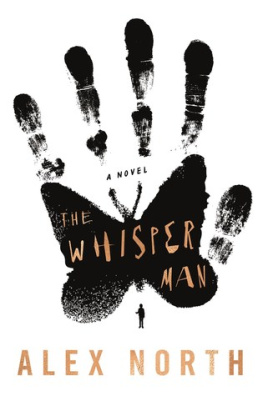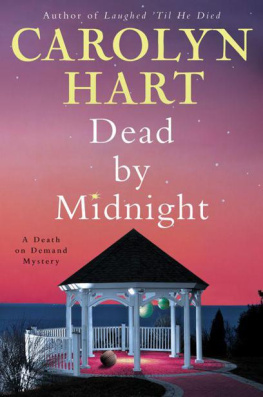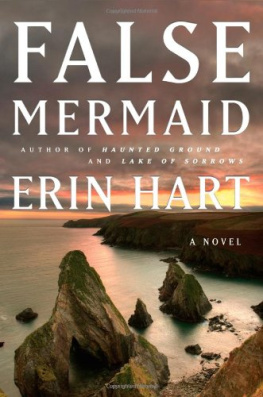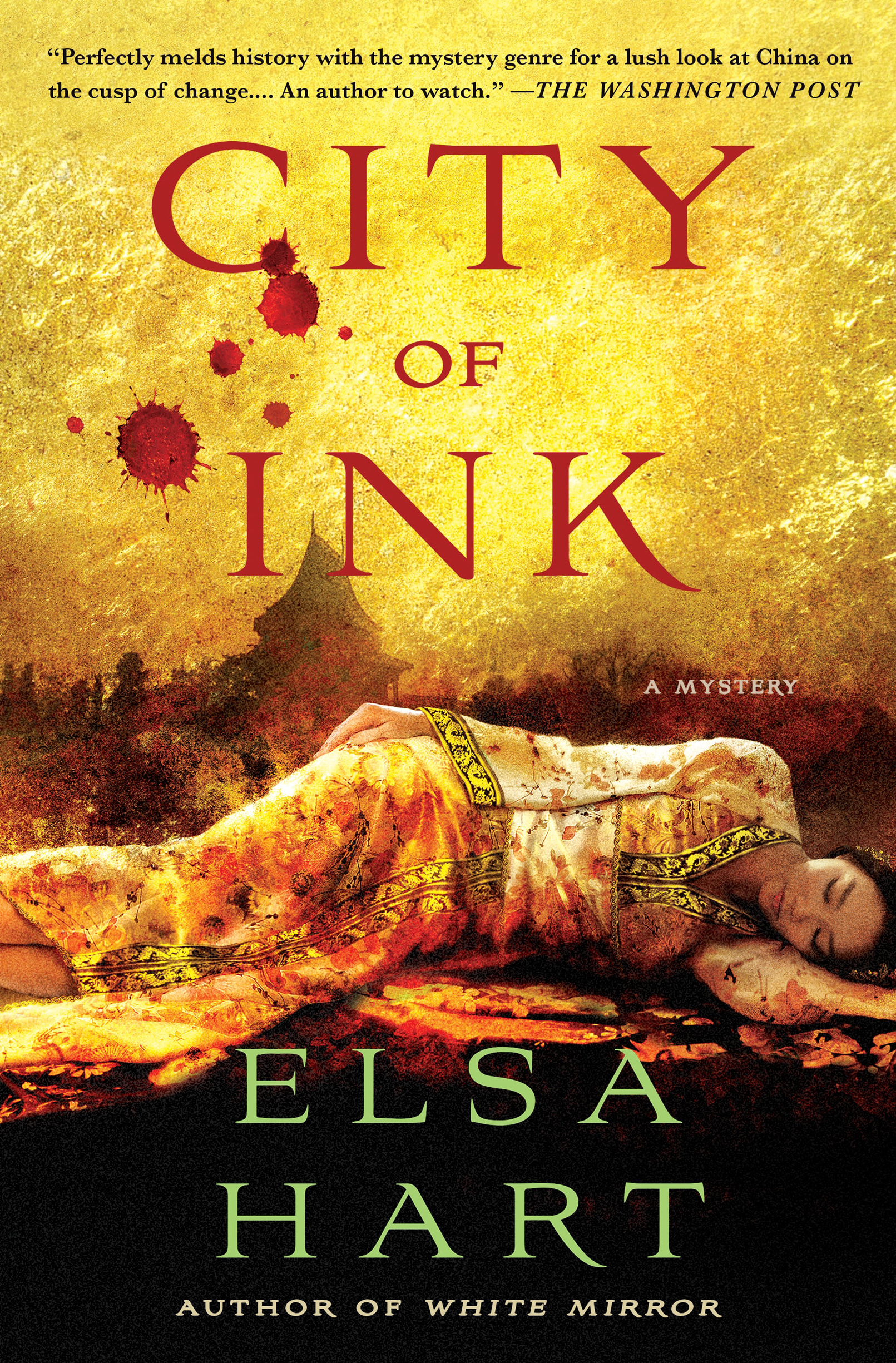
The author and publisher have provided this e-book to you for your personal use only. You may not make this e-book publicly available in any way. Copyright infringement is against the law. If you believe the copy of this e-book you are reading infringes on the authors copyright, please notify the publisher at: us.macmillanusa.com/piracy.
To my father
Summer, 1711
The courier rode out of camp in the yellow haze of a dust cloud. Wearing an expression of faint puzzlement, the man to whom he had delivered a letter watched him disappear amid the plumes of golden sand, before turning and reentering a spacious tent. Its interior was filled with a bright clutter of painted furniture, rugs, saddles, and sacks. These were all coated in a layer of cooking oil and dust, suggesting that the portable dwelling, fashioned from wool felt on a wooden frame, had not been disassembled in some time. At its center, around a blackened stove with a chimney, four men were engaged in a friendly disagreement over ingredients for a stew.
Waving away their curious glances, the man crossed to his pallet, sat down, and opened the letter. As he unfolded the paper, a small square of indigo leather fell from within. He picked it up and examined the rune stamped on its surface. It was a symbol he had not seen in all his travels. He turned his attention to the letter, which, to his relief, was easier to decipher. It was written in Chinese, and addressed to him.
There is, in the capital city of China, a small bookstore, accessible through a door covered in a white curtain. At this bookstore, customers can purchase the City Gazette, a publication that provides news not only of happenings within the city walls, but of various campaigns ranged outside of them. It is my habit to purchase this Gazette, which is how I came to read, in a recent edition, an account of a banquet held for our Chinese ambassadors to the Mongols in Ordos. It contained a brief description of the storyteller who entertained them there, including, in an appeal to the whimsical appetites of capital readers, a selection of memorable details from the tales he told. Cursed clockwork, poisoned wine, a demon in the snow. Your subjects betray you, friend.
Knowing your dedication to strange adventures, I write to ask for your help. If, when you have finished this letter, you are willing to undertake the task, here is what I propose. First, you must retrieve a book
As he read, the man began to smile, his eyes to kindle and glow. Winter had passed, and the dust storms of spring were giving way to summer. If he departed within the week, he would reach the imperial seat of the Chinese empire before the leaves began to fall.
Audacity is what distinguishes the great scholars from the merely successful ones. Twenty-two years ago, when the examiners asked me to arrange the chapters of The Great Learning into their most proper order, I will confess, I had no answer. So what did I do? I attacked the authenticity of the entire tome. Audacity, you see. Now I am the one who marks the essays.
The speaker was Bai Chengde, eminent scholar and frequenter of elite social gatherings. It was a warm afternoon in autumn, and he was a guest at a private literary party. Around him, intellectuals, artists, and officials mingled in walled courtyard gardens shaded by bamboo, elm, and cypress trees.
My son is taking the examinations. With his rustic complexion and cotton robes, Hu Gongshan was out of place amid the affluent literati of Beijing. He had nodded respectfully for the duration of Bais monologue, which had spanned three cups of wine and the whole of Bais academic and professional accomplishments. I am a factory manager. I make tiles, sir. I have done what I can, but my boy surpassed me in learning years ago. If you could offer any advice, that is, coming from such an esteemed scholar, it would be of great value. The words tumbled awkwardly into silence.
Bai was looking over Hus shoulder in an unconcealed effort to catch the eye of someone more distinguished. Advice? My advice is to avoid such obvious attempts to flatter examiners a week before the examinations begin. Corruption has no place in our citys most illustrious institution.
Hu looked stricken. Itit was not my intention to flatter you, he stammered. The examinations identify the best men in the empire, those most qualified to govern. You are one of those men. I know you would never allow yourself to be manipulated by flattery.
The reply earned a cool nod of approval from the scholar. I suppose this is your son?
A young man had emerged from a nearby bamboo grove. Yes, said Hu, his face alight with fatherly pride. This is Erchen.
With a look of intense mortification, the youth bowed to Bai, and placed a hand on the other mans arm. Father, he gasped. He is an examiner. We cannot speak to him about the examinations. He turned a pale, exhausted face to Bai and held up a slim, somewhat battered volume with a creased paper cover. Of course, we would be honored to hear your opinion of the text our host assigned for this afternoons discussion.
Bai made a show of consulting his own volume, which bore the same title, but was elegantly bound in pristine white silk. I wish I could enjoy books with no literary merit, he said with a rueful sigh. Alas, such diversions are denied me. I am too accustomed to a higher standard. And, since your father asked me to give you advice, I will recommend that, with the examinations so near, you devote your energies to more elevated material.
Without acknowledging them further, Bai glided away to join a group of gentlemen dressed, as he was, in robes of pale gray and blue. These were colors of affected humility, but the silk was of the finest quality and fell to the seasons most fashionable length. Amid the rustle and creak of branches swaying in the blustery weather, the scholars were alternating contentedly between criticizing the book they had been assigned to read and debating the efficacy of a mnemonic device popular among this years examination candidates.
In an adjacent courtyard, a circle of spectators surrounded two men sitting opposite each other at a chessboard. One of them reached out his hand and, with fingers swollen around rings, picked up the cannon piece. The spectators pointed, shook their heads, and murmured suggestions.
Dont distract me, growled the man. The words ran into each other. His hand, still holding the cannon, traveled over the board until, with abrupt decision, he slapped the piece down. Then he picked up a cup of wine, drank deeply, and returned it to its place beside a porcelain bottle at the corner of the table. He swayed, leaned back, and rubbed his stomach absently, exploring the texture of silk rounded by the soft hemisphere of a large belly.
His opponent might have been the same age, but was such a picture of health and vigor that he appeared much younger. From beneath brows smooth and dark as brushstrokes, his eyes assessed the board with more amusement than concentration. He slid his remaining knight into position, revealing a trap from which there was no escape. The game was over.
The audience relaxed, but the defeated player sprang suddenly to his feet. As he rose, he placed his fingertips beneath the edge of the table and lifted, flipping it into the air. The cup and bottle smashed to the ground. The pieces scattered and spun across the cobbled courtyard. There was a horrified silence.
The victor, who had watched the tables progress through the air without leaving his seat, stood up slowly and smiled. It was an attractive smile, languid and mobile, all the more beguiling for its hint of insincerity.



